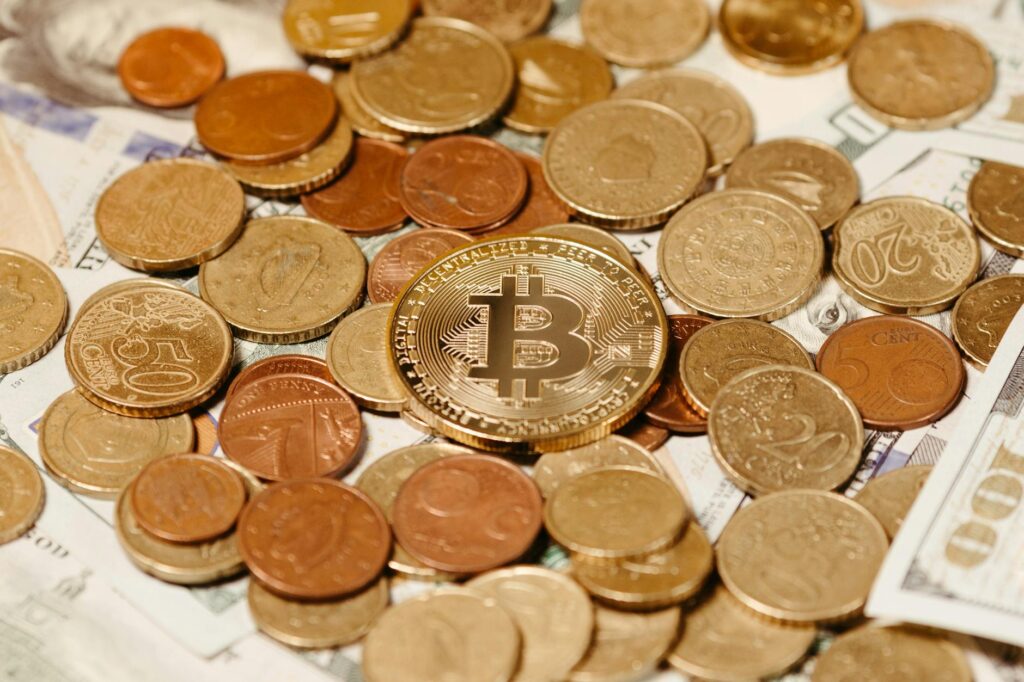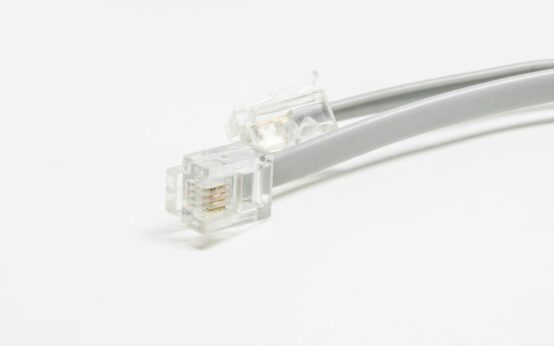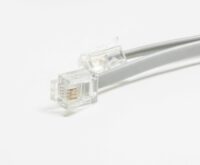Protecting Your Digital Assets: Best Practices for Crypto Security
The world of cryptocurrency offers exciting opportunities, but it’s crucial to understand the importance of security. Navigating this digital landscape requires vigilance. Your digital assets are valuable, and protecting them isn’t just a good idea – it’s essential. This guide provides practical and actionable steps to enhance your crypto security.
Understanding the Threats
Before diving into best practices, let’s look at the potential dangers:
- Phishing Attacks: Deceptive emails or websites tricking you into revealing your private keys or login credentials.
- Malware: Malicious software designed to steal your crypto or compromise your devices.
- Exchange Hacks: Cyberattacks targeting cryptocurrency exchanges, potentially leading to the loss of user funds.
- Social Engineering: Manipulative tactics used to trick individuals into giving up sensitive information.
Protecting Your Private Keys
Your private keys are like the keys to your crypto kingdom. Losing them means losing access to your funds. Here’s how to protect them:
- Use a Hardware Wallet: Store your private keys offline on a dedicated hardware device. This provides the highest level of security.
- Never Share Your Keys: Keep your private keys strictly confidential. Legitimate services will never ask for them.
- Consider Multi-Signature Wallets: Require multiple approvals for transactions, adding an extra layer of security.
Securing Your Online Accounts
Protecting your online accounts is just as critical. Follow these best practices:
- Strong Passwords: Use long, unique, and complex passwords for each of your crypto-related accounts. Consider a password manager.
- Two-Factor Authentication (2FA): Enable 2FA on all exchanges and wallets. This adds an extra layer of verification.
- Be Wary of Suspicious Links and Emails: Avoid clicking on links from unknown sources or responding to unsolicited emails.
Staying Informed and Educated
The crypto landscape is constantly evolving. Staying updated on the latest security threats and best practices is paramount:
- Follow Reputable Sources: Stay informed through reliable news outlets, blogs, and security experts.
- Join Communities: Engage with online communities to learn from others’ experiences and share knowledge.
- Continuously Learn: Keep up with the latest security trends and updates in the crypto space.
Choosing Secure Platforms
Selecting reputable exchanges and wallets is a crucial step in protecting your assets:
- Research Exchanges: Look for exchanges with a strong track record of security and regulatory compliance.
- Read Reviews: Check user reviews and ratings before using any platform.
- Diversify Your Holdings: Don’t keep all your eggs in one basket. Spread your assets across different platforms and wallets.
Additional Security Measures
Consider these additional steps to further enhance your security:
- Use a VPN: Encrypt your internet traffic and mask your IP address for added privacy and security.
- Update Your Software: Keep your operating system, antivirus, and other software up-to-date to patch security vulnerabilities.
- Be Mindful of Public Wi-Fi: Avoid accessing your crypto accounts on public Wi-Fi networks.
Protecting your digital assets is an ongoing process. By implementing these best practices and staying vigilant, you can significantly reduce your risk and safeguard your crypto investments.
Staying Ahead of the Curve
The cryptocurrency world is constantly evolving, and so are the threats. Staying ahead of the curve requires continuous learning and adaptation. By embracing a proactive security mindset, you empower yourself to navigate the exciting world of crypto with confidence.

Remember, security is not a destination, but a journey. By taking these steps, you can navigate the exciting world of crypto with confidence, knowing your digital assets are well-protected.
Regular Security Audits
Just like you might regularly check your bank statements, it’s a good idea to perform regular security audits of your crypto holdings and practices. This allows you to identify any potential vulnerabilities and take corrective action before any harm is done. Remember, proactive security is the best defense.



 Backtest Crypto Trading Strategies: A Complete Guide
Backtest Crypto Trading Strategies: A Complete Guide  NFT Standards: A Cross-Chain Guide for Creators & Collectors
NFT Standards: A Cross-Chain Guide for Creators & Collectors  Decentralized Storage: IPFS & Arweave Explained Simply
Decentralized Storage: IPFS & Arweave Explained Simply  How to Calculate Cryptocurrency Taxes: A Simple Guide
How to Calculate Cryptocurrency Taxes: A Simple Guide  Your Guide to Music NFTs & Top Platforms for 2024
Your Guide to Music NFTs & Top Platforms for 2024  TradingView for Crypto: The Ultimate Trader’s Guide
TradingView for Crypto: The Ultimate Trader’s Guide  Backtest Crypto Trading Strategies: A Complete Guide
Backtest Crypto Trading Strategies: A Complete Guide  NFT Standards: A Cross-Chain Guide for Creators & Collectors
NFT Standards: A Cross-Chain Guide for Creators & Collectors  Decentralized Storage: IPFS & Arweave Explained Simply
Decentralized Storage: IPFS & Arweave Explained Simply  How to Calculate Cryptocurrency Taxes: A Simple Guide
How to Calculate Cryptocurrency Taxes: A Simple Guide  Your Guide to Music NFTs & Top Platforms for 2024
Your Guide to Music NFTs & Top Platforms for 2024  TradingView for Crypto: The Ultimate Trader’s Guide
TradingView for Crypto: The Ultimate Trader’s Guide